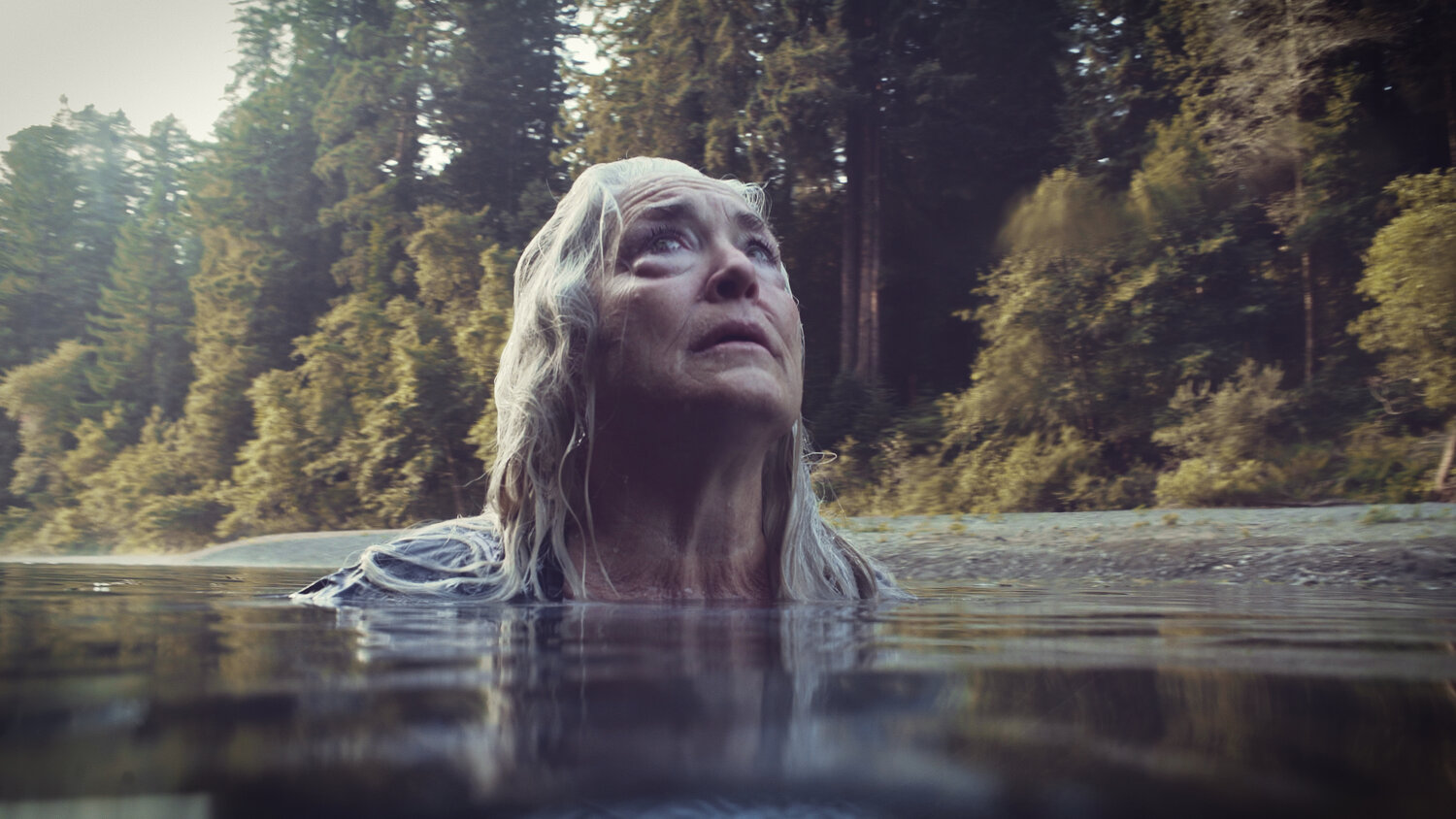What to Watch Verdict
The reminder in 'Freeland' of the individual human cost of social progress is empathetic, prescient and needed.
Pros
- +
Krisha Fairchild's lead performance is subtle and explosive
- +
You get a direct line of empathy to the feeling of being left behind by the world
Cons
- -
The narrative is more vibes than plot, only kicking into gear in the final few minutes
- -
The ending is abrupt, and your mileage may vary on how effective that is
Freeland is that rare testament to how a film can largely thrive on performance and theme rather than plot or story. Writer-directors Mario Furloni and Kate McLean dive into the world of off-the-grid marijuana farming in its waning days as legalization and decriminalization are on the rise, doing so through a character study that places a premium on the tragedy of a world moving on without you. It’s a bit barebones so far as feature films go — it barely comes in at 80 minutes with credits — but there’s enough here to leave a lasting impact even if it’s more memorable as vibe than narrative.
The story, such as it is, focuses on weed farmer Devi (Krisha Fairchild, as subtly emotive and soul-wrenchingly explosive here as in her breakout role in Krisha), a legend in her field for creating unique strains that she grows on her remote homestead. This year, like every year, she brings in migrant workers (played by Frank Mosley, Lily Gladstone and Cameron James Matthews) to help with the harvest. But unlike other years, marijuana has been decriminalized in her state, creating complications for her ability to sell and distribute her crop. This not only places a strain on her relationship with her hired help, but it also spells the potential end for a business that she spent decades cultivating and thriving with.
Fairchild’s central performance is the hook that pulls you into a mindset of nostalgia for a world gone by, putting you in direct emotional contact with a depressing disconnect from the more interconnected society that exists beyond Devi’s compound. Freeland smartly avoids critiquing the broader social good that comes from the decriminalization of marijuana, but instead focuses on how the capitalistic forces of a culture driven by profit will inevitably destroy the pure simplicity of what Devi has built.
Law enforcement starts cracking down on her property taxes as her application for a permit to grow is denied, neither of which was an issue when her black-market dealings could be ignored as the hustle of a harmless hippie. But without legal status, her buyers start drying up, and the corporatized, profit-driven cannabis industry that popped up overnight has no room for a septuagenarian who just wants to keep her farm the way it was. In terms of the raw, intimate portrait it constructs, Freeland is a true tragedy, as Devi is too old to adapt to a world that tolerated her freewheeling existence all her life but will do so no longer.
That said, if a fully-formed narrative is what you’ve come for, then you’re likely to walk away disappointed. Freeland eschews a conventional three-act structure in favor of concluding at what would be another film’s second act, leaving Devi at her lowest point without any indication of what’s next for her. Of course, that’s intentional. The purpose of the film is to portray a slice of life and comment upon the specific misfortune of an aging rebel being forced out of the industry she didn’t need to wait to be socially legitimized, not to provide hope for that rebel’s future or to speculate about how she might continue on. It’s just jarring that the film builds so much in its final moments to an emotionally gripping culmination of all Devi’s anxieties, only to abruptly end without so much as a denouement. It turns the film into less of a narrative arc and more of a cliff face, leaving you dangling over the edge just after reaching its highest point.
For some, that might not be a bug, but a fully appreciated feature of the film. After all, if the point is to get you to empathize with the plight of yesteryear's pot farmer, then there are scarce better ways than to make you sit with one's despair. Regardless of the film's narrative effectiveness, Fairchild’s starring turn is just as memorable as one would expect from her talents, and Freeland’s reminder of the individual human cost of social progress is empathetic, prescient and needed.
Freeland opens in theaters on Oct. 15 and on VOD Nov. 19.
The latest updates, reviews and unmissable series to watch and more!
Leigh Monson has been a professional film critic and writer for six years, with bylines at Birth.Movies.Death., SlashFilm and Polygon. Attorney by day, cinephile by night and delicious snack by mid-afternoon, Leigh loves queer cinema and deconstructing genre tropes. If you like insights into recent films and love stupid puns, you can follow them on Twitter.


